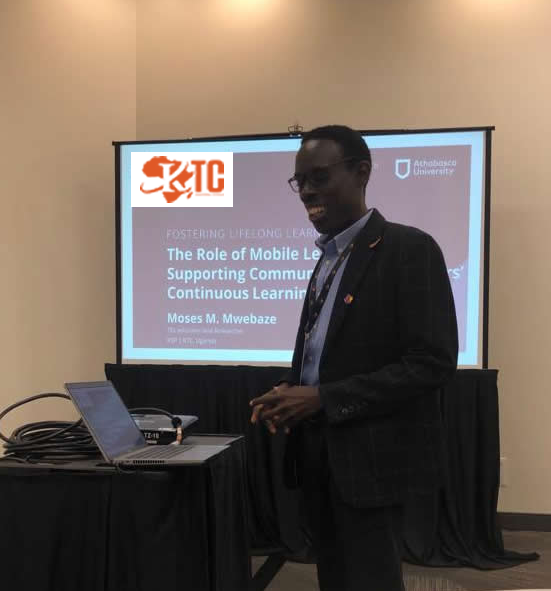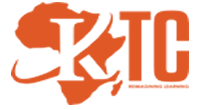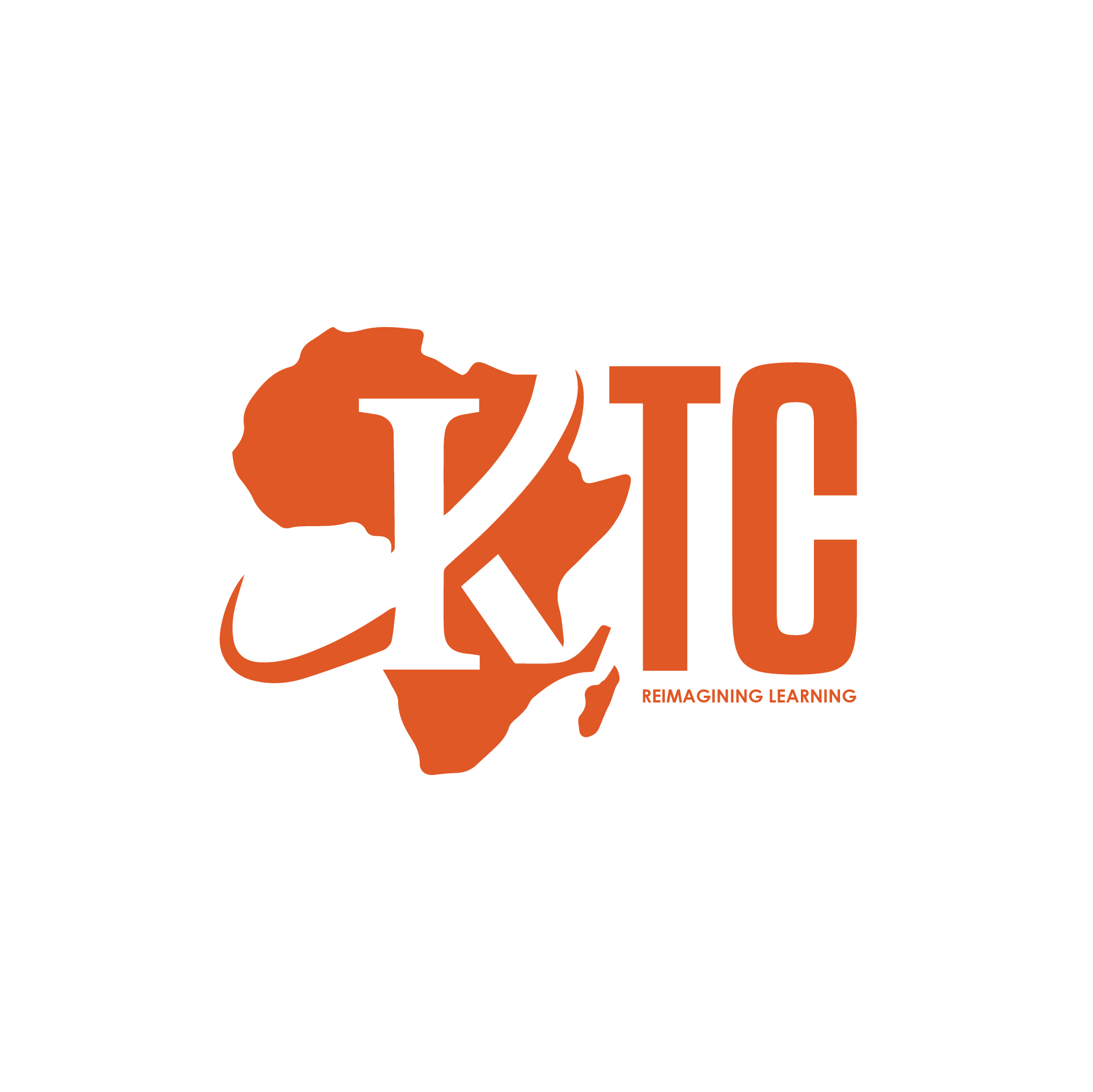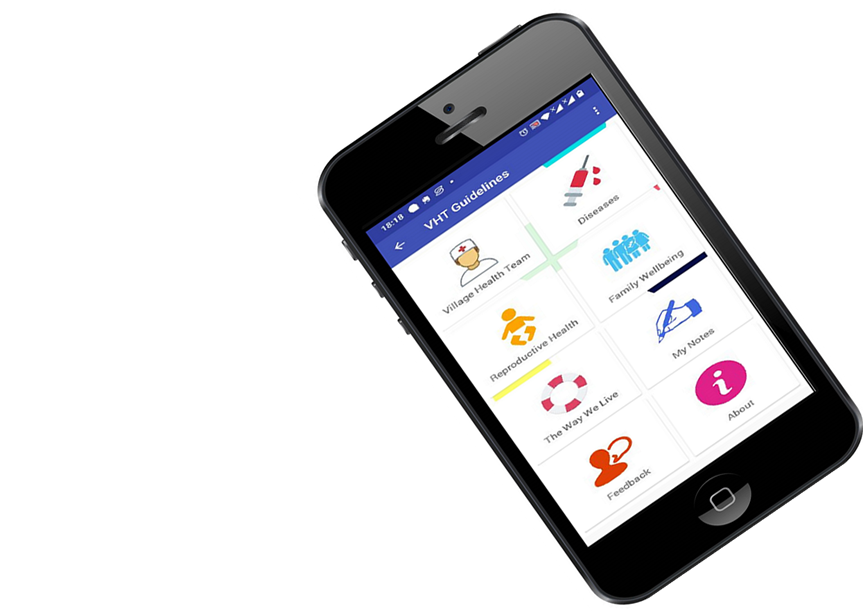A practical approach to Digital in Education for Educators
Tel4Education is a product that addresses a gap in ICT education for educators expected to facilitate teaching and learning in a digital environment.
The program intends to train educators as Trainers of Trainees (ToT) in a five module blended program, grounding them in practical digital in education facilitated by a community of practice.
The Problem
Educators in Uganda are somewhat trained in ICT skills. The skills they possess can hardly support them in facilitating an online, distance learning and digital pedagogy. Details in paper-https://rb.gy/0ervh

The intervention
Develop and curate learning content and tools that addresses the challenge, bridging ICT skills and digital in education. Train facilitators at the institution level in a community of practice.
Achieved
A pilot study carried out to gather evidence about the problem and approach to mitigation the challenge.
Way Forward
"Educators in Africa have qualified in a system that positions learners as passive receivers of knowledge and the challenge today is to prepare teachers to utilize different methods of teaching" (Stutchbury et al, 2019).
Content Designing
This phase require designing of relevant content and curation of tools for practice.
Content and tools platforms
Setting up a learning management system for content and learning management and a tools reference directory.
Pilot Project
The pilot phase intends to run the project to in 4 schools-primary and secondary, private and public.
Service Benefits
- Is the project funded yet?
-
No. The project is fundraising to support the development of content and systems and implementation of the phases.
- Who is it for?
-
The TEL4Education primarily targets educators at primary and secondary levels. However, it is relevant for all educators including educators at higher education.
- How does it work?
-
The training program is blended with physical appearances and online learning. The implementation of the program is based in a community of practice. This means the trained facilitators will conduct training of others at institutional level.


